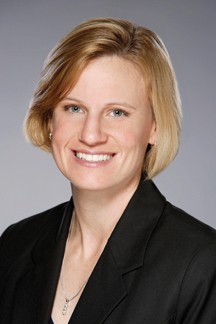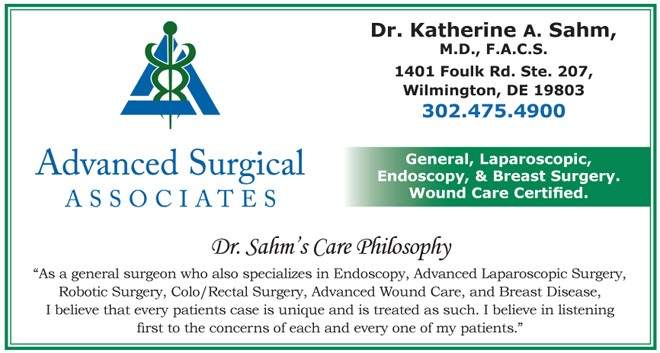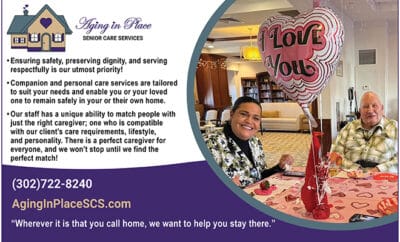What You Should Know About Breast Cancer

By Dr. Katherine A. Sahm, M.D., F.A.C.S.
Next to skin cancer, breast cancer is the most commonly diagnosed cancer in women in the United States. One in eight women will develop invasive breast cancer during their lifetime, according the American Cancer Society (ACS).
The ACS also reports that breast cancer is the second leading cause of cancer death in women. Lung cancer continues to be the number one cause.
Self-breast exams and regular breast evaluations by a physician are imperative especially as a
woman ages.
The following are symptoms that should be reported to a physician if you experience them:
• Any noted changes in appearance of the breast
• Swelling of all or part of the breast
• Breast nipple discharge that is not breast milk
• A lump in the underarm area
• A lump or thickening in or near the breast
• Pain around or of the nipple
• Skin of the breast that looks like the skin of an orange
Risk Factors:
According to the American Cancer Society the main risk factors for breast cancer are things you cannot change such as: being a woman, getting older, and genes. These all can make the risk of breast cancer higher.
Being a woman is the main risk factor for breast cancer. Men can have breast cancer too but this disease is about 100 times more common in women than men and it is thought genetics play a role.
Inherited Genes:
About 5-10% of breast cancer cases are thought to be from heredity, meaning that they result directly from gene defects (called mutations) passed on from parents.
BRCA 1 and BRAC 2
The most common cause of hereditary breast cancer is an inherited mutation in the BRCA 1 and BRACA 2 genes. In normal cells, the genes help prevent cancer by making protein that help keep the cells from growing abnormally.
If you have inherited a mutated copy of either gene from a parent, you have a higher risk of breast cancer.
In some families with BRCA 1 mutations the lifetime risk of breast cancer is as high as 80% but on average this risk is in the range of 55% to 65%. For BRCA 2 mutations the risk is lower at around 45%.
Breast cancer linked to these mutations are often found in younger women and more often in both breasts. Woman with these inherited mutations also have a higher risk of developing other cancers, mainly ovarian cancer.
For women of all ages, early detection is the key. This includes self-examination and detection of changes as well as understanding risk factors.
Dr. Katherine Sahm is a participating Board Certified General Surgeon at the Helen F. Graham Cancer and Research Institute. Dr. Sahm offers targeted comprehensive breast care services, cancer screening, and treatment of women of all ages and backgrounds. She also offers treatment for all malignant and non-cancerous diseases of the breast with a focus on the most advanced screening
and treatment methods.
Call 302.475.4900 today to make an appointment with Dr. Katherine A. Sahm, M.D., F.A.C.S. to learn more
about your individual breast cancer risk level and treatment options.
Dr. Sahm says…
I am a native Delawarean trained in minimally invasive surgery and general surgery. I have sought out further training in wound care and hyperbaric medicine and am certified in wound care. I served two tours as a forward surgeon in Iraq in 2008 and 2010. I am a participating breast surgeon at the Helen Graham Cancer Center. I enjoy getting to know my patients and their families and caring for their surgical needs.





